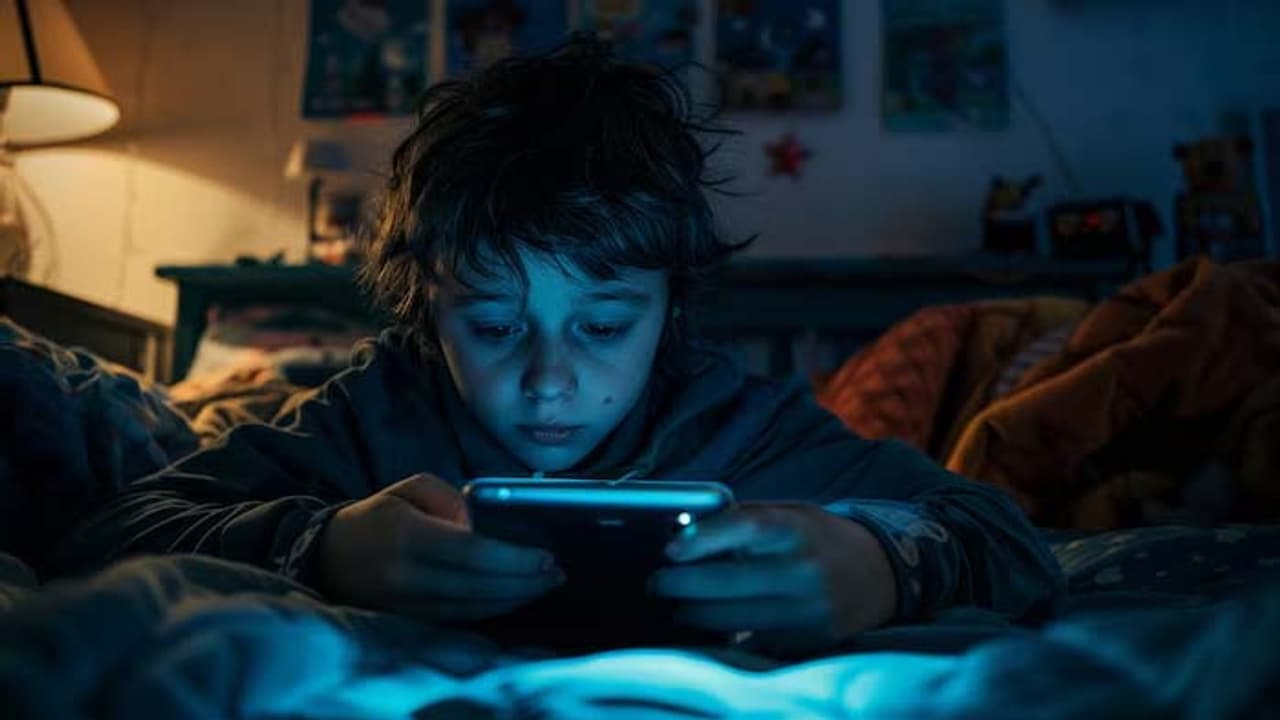Excessive screen time can impact various aspects of a child's brain development, affecting attention, language skills, sleep, social interactions, and overall well-being.
Children have more screens to look at today than ever before. Technology has educational benefits, but excessive screen use is harmful to brain development.

7 ways digital screens impact on Kids Brain Development:
1. Delayed Attention Span
The fast nature of digital media can make children struggle to keep their attention on activities that require prolonged concentration, like reading or problem-solving.
2. Retarded Language Development
Research shows that prolonged exposure to screens early in the childhood years reduces verbal interaction, and the learning process of language is decelerated.
3. Disturbed Sleep
Blue light from screens interferes with the production of melatonin, preventing children from sleeping and remaining healthy during sleep.
4. Blunted Social Skills
Too much screen time may limit face-to-face communication, and this may hinder a child's formation of proper social and communication skills.
5. Alteration of Brain Connectivity
Brain imaging studies have also shown that excessive use of screens can devalue the neural circuits used in attention, reading, and executive control.
6. Increased Risk of Depression and Anxiety
Excessive use of electronic devices has been discovered to cause more stress, loneliness, and increased risk of depression and anxiety among children.
7. Reduced Physical Activity Levels
Increased screen time is linked to decreased physical activity, and this can influence motor skills, coordination, and general physical well-being.
Technology is inevitable, but screen time must be counterbalanced with screen time away from the screen for mental well-being. Outdoor play, books, and social interaction can balance out the effects of excessive screen time.


